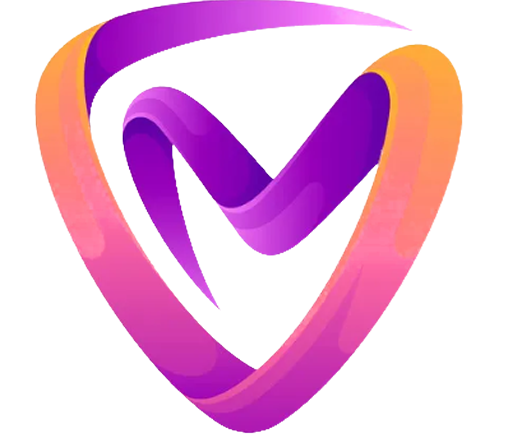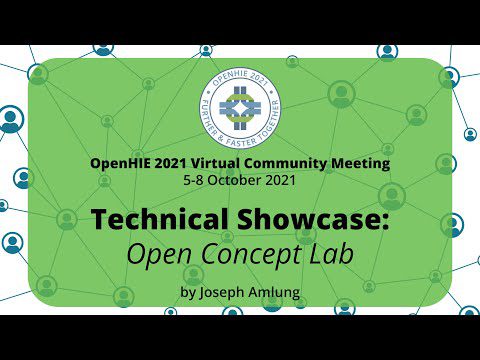Technical Showcase: Open Concept Lab at OHIE21
OCL (Open Concept Lab) presented this technical showcase at the 2021 OpenHIE Virtual Community meeting. Presented and prepared by Joe Amlung (Business Analyst, Global Health Informatics, Regenstrief Institute).This video is great for demonstrating what…
Continue Reading














![The Healthcare Interoperability Policies Driving the Conversation at ViVE [Sponsored]](https://i0.wp.com/www.mediformatica.com/wp-content/uploads/2023/03/the-healthcare-interoperability-policies-driving-the-conversation-at-vive-sponsored.jpg?fit=600%2C296&ssl=1)
